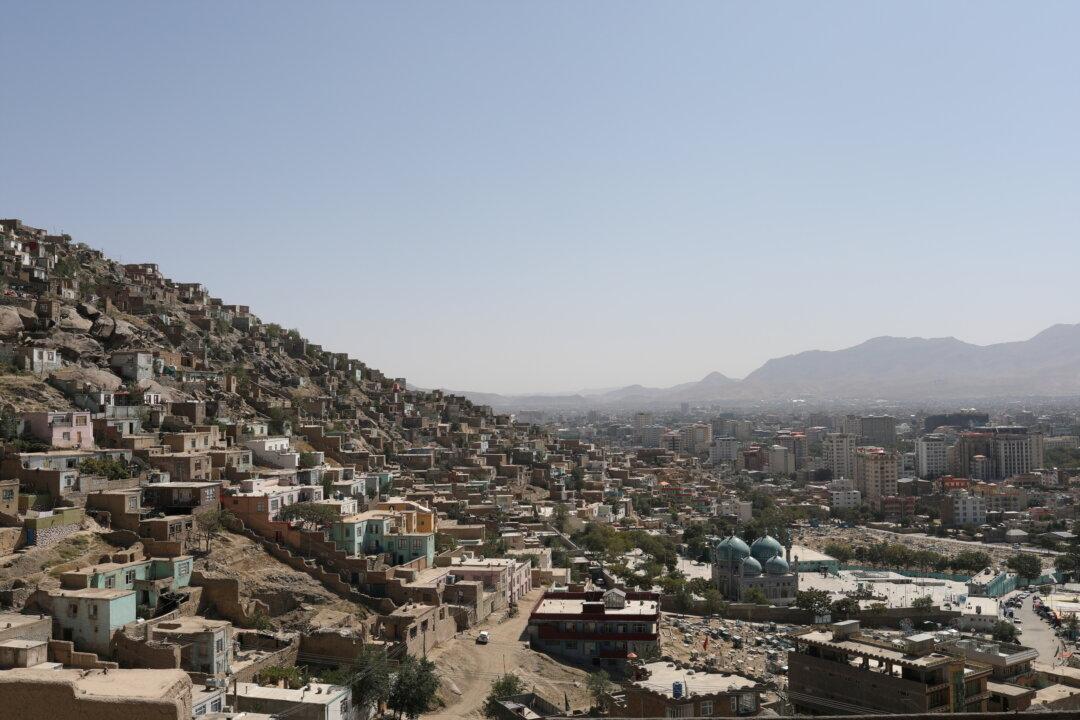Canada requested use of the European Union’s compound in Kabul to help with tasks such as fingerprinting for those fleeing Afghanistan, according to documents obtained by The Canadian Press.
Foreign Affairs Minister Mélanie Joly made the request on Jan. 20, 2022, according to documents obtained through an access-to-information request.





